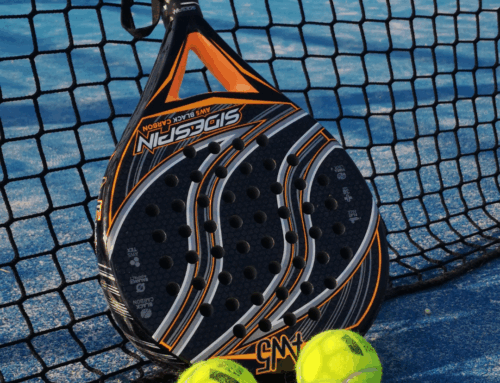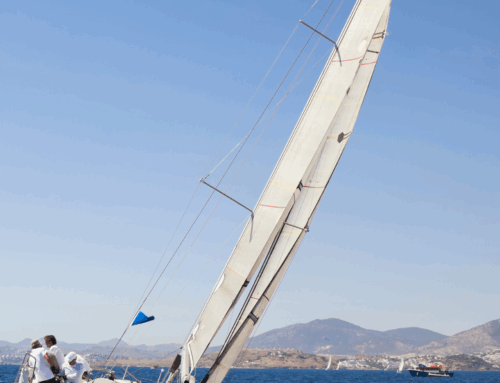Understanding Local Payment Methods in Nice: Cash vs. Cards
Nice is a favourite destination for travellers from around the world. Whether you’re strolling along the Promenade des Anglais, dining at charming brasseries, or exploring local markets, knowing how to pay for your adventures is essential. This guide will help you navigate the local payment methods in Nice, so you can focus on enjoying your trip.
Cards: Convenient and Widely Accepted
In Nice, cards are commonly accepted for most transactions, though cash may still be preferred in some smaller establishments or markets. Major credit and debit cards such as Visa and Mastercard are widely accepted, whether you’re dining at an upscale restaurant, booking a hotel, or shopping in boutiques.
Benefits of Using Cards:
- Convenience: Quick and easy payments, especially with contactless technology.
- Security: Cards are safer to carry than cash and can be blocked if lost or stolen.
- Tracking Expenses: Card payments allow you to easily track your spending through digital records, helping you manage your budget.
Tips for Cash Use:
- Ensure your card supports international payments and inform your bank about your travel plans to avoid any blocks.
- Use ATMs (locally called “distributeurs de billets”) to withdraw cash when needed, though check for charges from your bank.
- Be aware of transaction limits; smaller establishments may have minimum spending requirements for card payments.

Cash: Essential for Certain Situations
While cards dominate, cash remains an important payment method in Nice, particularly for specific scenarios. Small businesses, local markets, and some cafés may prefer cash for minor purchases, especially if the amount is under €10.
Benefits of Carrying Cash:
- Universal Acceptance: Always works when cards aren’t an option.
- Flexibility: Useful for tipping, street vendors, or small markets.
- Budgeting: Helps limit overspending.
Tips for Cash Use:
- Carry small denominations (€5, €10, €20) as larger bills may not always be accepted.
- Exchange money at trusted currency exchange offices (bureau de change), such as Globex branches, for the best rates.
- Avoid carrying excessive cash for safety reasons; store your money in a wallet or money pouch and keep it securely inside your bag while travelling.

What’s the Best Way to Pay in Nice: Cash or Card?
For a stress-free trip, it’s best to bring a mix of cards and cash. Here’s a practical approach:
- Cards for Most Transactions: Use cards for hotels, restaurants, and shopping.
- Cash for Small Expenses: Keep €100-200 in cash for tips, small purchases, or emergencies.
- Backup Card: Bring an extra card for added security in case of loss or technical issues.
Pro Tips for Tourists
- Contactless Payments: Many establishments in Nice accept contactless payments, making transactions fast and hassle-free.
- Currency Conversion: Decline dynamic currency conversion (charging in your home currency) and opt to pay in euros for better rates.
- ATM Safety: Use ATMs in secure locations such as banks or shopping centres.
- Trusted Money Changers: If you need to exchange cash, consider visiting one of Globex’s trusted branches in Nice to avoid scams or poor rates. Here are Globex’ locations in Nice, France:
- Globex Nice Ville Branch:
31 Rue d’Angleterre, 06000, Nice, France.
Phone: +33 4 93 81 27 79.
Open Monday to Saturday, 8:30 am–6 pm. - Globex Nice Riquier Branch:
22 Boulevard Pierre Sola, 06300 Nice, France.
Phone: +33 4 93 89 19 49.
Open Monday to Friday, 8:30 am–12:30 pm, 1:30–6 pm.
- Globex Nice Ville Branch:









